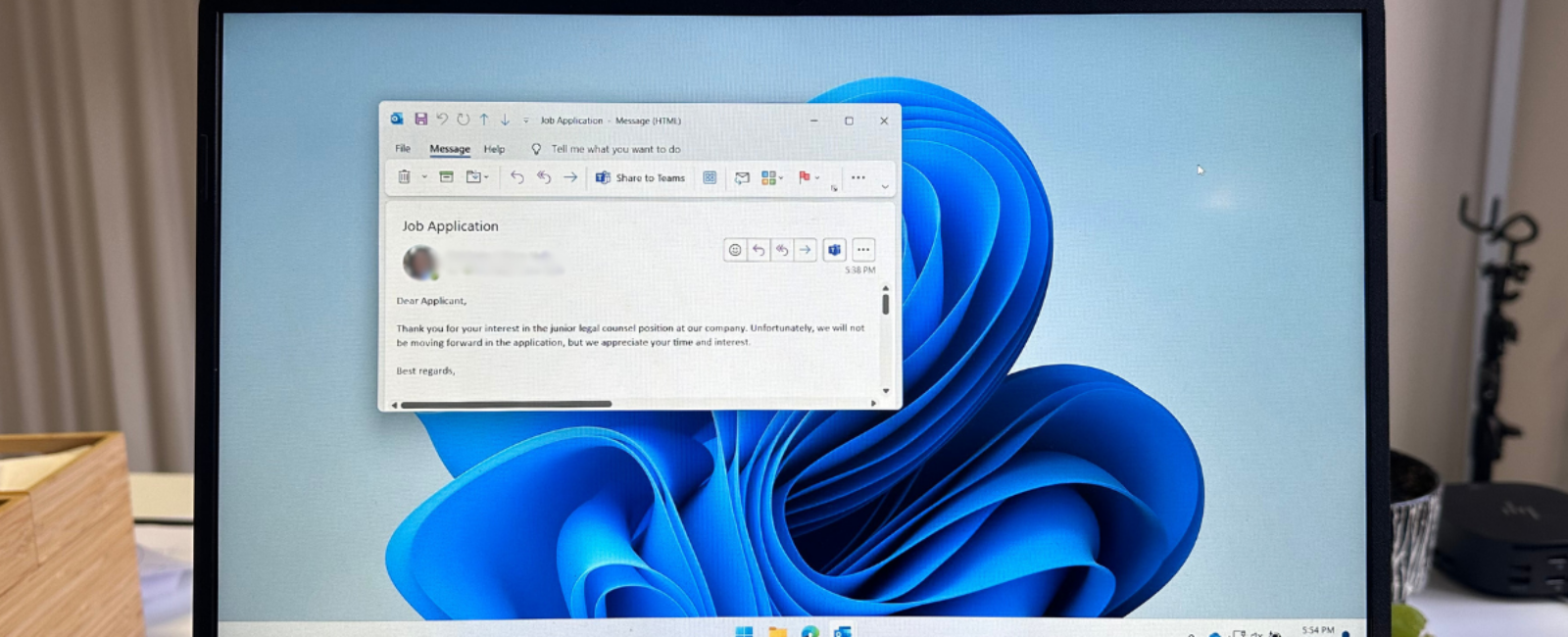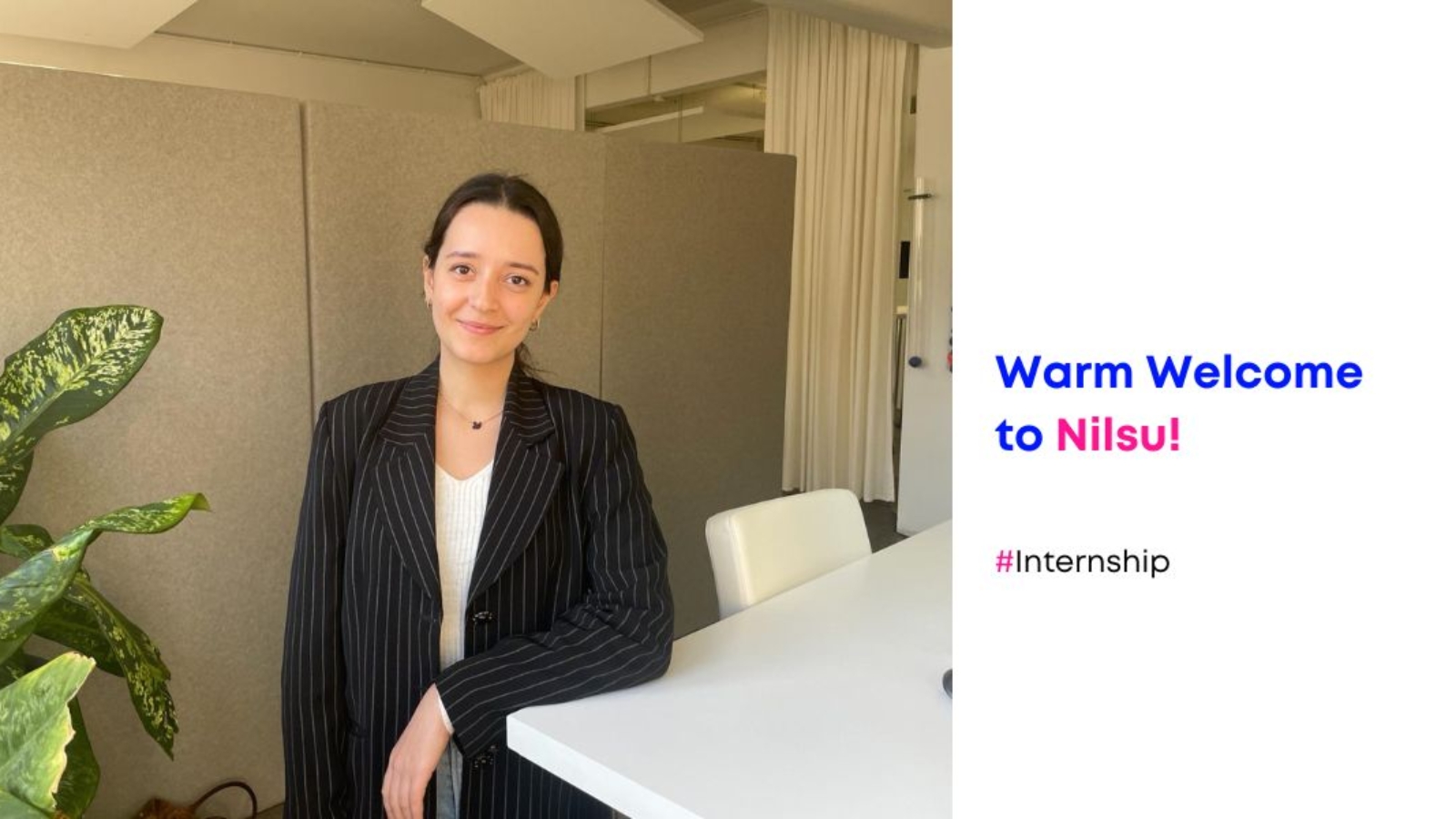Why you should ask feedback if your application is rejected?

Facing rejection after a job interview can be a disheartening experience, especially when you’ve invested significant effort and hope into the opportunity. However, within this setback lies a golden opportunity for growth and learning. Seeking feedback after a rejection is not just a step towards understanding what went wrong; it’s a critical component of personal and professional development.
Let’s explore why obtaining feedback following a job interview rejection is invaluable.
Insight into Your Performance
Feedback provides a clear lens through which you can review your interview performance. It can highlight specific areas—be it your communication skills, your technical knowledge, or your ability to demonstrate your experience—that might need improvement. Understanding these aspects from the perspective of your interviewer offers a unique opportunity to refine your approach for future opportunities.
Personal Growth
Every piece of feedback is a building block in your journey of personal growth. Constructive criticism is a powerful tool that, when embraced, can accelerate your development. It encourages a mindset of continuous learning and adaptability—qualities that are highly prized in any professional setting.
Enhancing Your Interview Skills
The job interview process is a skill in itself, one that can always be polished and improved. Feedback after a rejection can pinpoint exactly where your interview technique may falter, whether it’s failing to effectively communicate your strengths or not asking insightful questions. Armed with this knowledge, you can take targeted actions to enhance your skills, such as participating in mock interviews or workshops focused on interview techniques.
Setting the Stage for Future Opportunities
Requesting feedback demonstrates a proactive and resilient attitude, qualities that employers find admirable. It shows that you are keen to learn and improve, regardless of the outcome. This act alone can leave a lasting positive impression, potentially opening doors to future opportunities within the same organisation. Employers remember candidates who take rejection gracefully and are committed to personal development.
Building Professional Relationships
The process of seeking feedback can also be a stepping stone to building a professional relationship with the interviewer or the organisation. It positions you as someone who is professional, engaged, and open to growth. Even if you weren’t the right fit for the current role, maintaining a positive connection could lead to recommendations or consideration for future positions that align more closely with your skills and experience.
How to Seek Feedback Effectively
When requesting feedback, it’s essential to approach the conversation with openness and a genuine desire to learn. Here are a few tips on how to seek feedback effectively:
- Timing: Do not wait after receiving the rejection to request feedback, allowing you to gain something out of it.
- Method: A polite email is often the best approach, thanking them for the opportunity and expressing your interest in any insights they can share to help you improve.
- Specificity: If possible, ask for specific examples or areas for improvement to gain actionable insights.
- Gratitude: Regardless of the feedback’s nature, thank the interviewer for their time and the learning opportunity.
In conclusion, while job interview rejections can be challenging, they also present a valuable opportunity for learning and growth. Seeking and acting on feedback can significantly enhance your interview skills, refine your professional approach, and ultimately, increase your chances of success in future applications. Remember, resilience and a commitment to continuous improvement are key to navigating the job market successfully.



